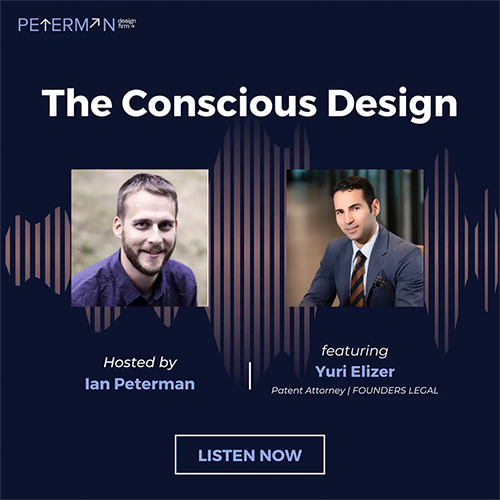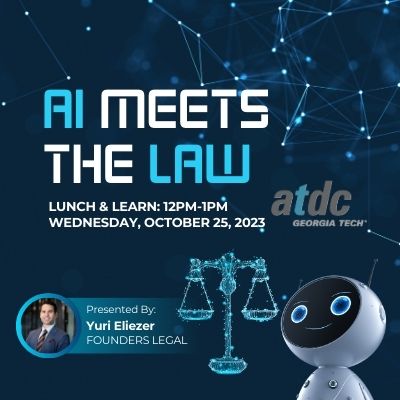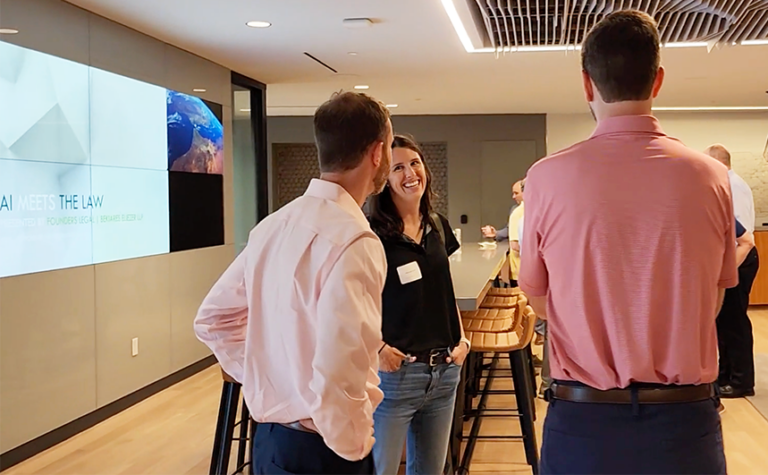Electronic Signatures: Key Aspects for E-Signature Enforceability
With the growing adoption of e-signatures, questions and concerns have arisen regarding their legality, admissibility, and security

With the growing adoption of e-signatures, questions and concerns have arisen regarding their legality, admissibility, and security

Did you know that your intellectual property attorney can be located anywhere in the United States? This is because most relevant intellectual property laws, such as patents, trademarks, copyrights and trade secrets, are federal laws, which are the same throughout the country.

Many software and product companies, whether through licensing or commercialization of intellectual property products and services, are being built predominantly upon their intellectual property. Moreover, intellectual property plays a fundamental role in companies’ investment decisions. Intellectual property can be used as collateral to obtain financing, for valuation purposes in an equity offering, and can be the impetus for a merger or acquisition.

Yuri Eliezer was invited to share his insights on the Conscious Design Podcast™ about the intersection of Artificial Intelligence (AI) and Intellectual Property (IP) Law.
We stand on the brink of a new era where AI could revolutionize the practice of law, particularly in the area of Intellectual Property. As Yuri Eliezer suggests, the implications are profound, from improved patent searches and drafting to potential changes in patent licensing and litigation.

“AI Meets the Law” provides a snapshot of the legal landscape surrounding artificial intelligence, covering key areas such as regulations, intellectual property, and more. Designed for entrepreneurs, founders, and business owners, this session aims to equip you with the essential knowledge to navigate the evolving legal landscape of AI.

Our event series offers a unique setting to learn and discuss emerging legal themes while building relationships with fellow attorneys who share a commitment to growth and exploration. Our events offer attendees an opportunity to earn free CLE credits, making them a rewarding experience for any legal professional.

Unpack the legal saga of Warhol v. Goldsmith and its profound influence on the landscape of visual arts, copyright law, and commercial licensing. This pivotal SCOTUS decision underscores the balance between creativity and copyright protection.
On May 2, 2019, the USPTO issued new guidance addressed to its trademark examiners on how to handle trademark applications for cannabis-related products. The guidance reiterates that a product ‘must first be in lawful use’ to receive a federal trademark. As it relates to cannabis or cannabis-related trademarks filed on or after December 20,…

Explore the upcoming 2024 changes to international and U.S. trademark classifications. This article examines the amendments to § 6.1 of 37 CFR Part 6 and their impact on Class 3, offering valuable insights for trademark holders, legal professionals, and business owners.

Explore the intricacies of the Corporate Transparency Act (CTA) and its new Beneficial Ownership Information Reporting Rule. Discover how it impacts US businesses, defines ‘beneficial owners,’ sets reporting requirements, and contributes to financial transparency. A comprehensive analysis of the new rule from the U.S. Department of the Treasury’s Financial Crimes Enforcement Network (FinCEN) for combating illicit finance and enhancing corporate transparency.
End of content
End of content